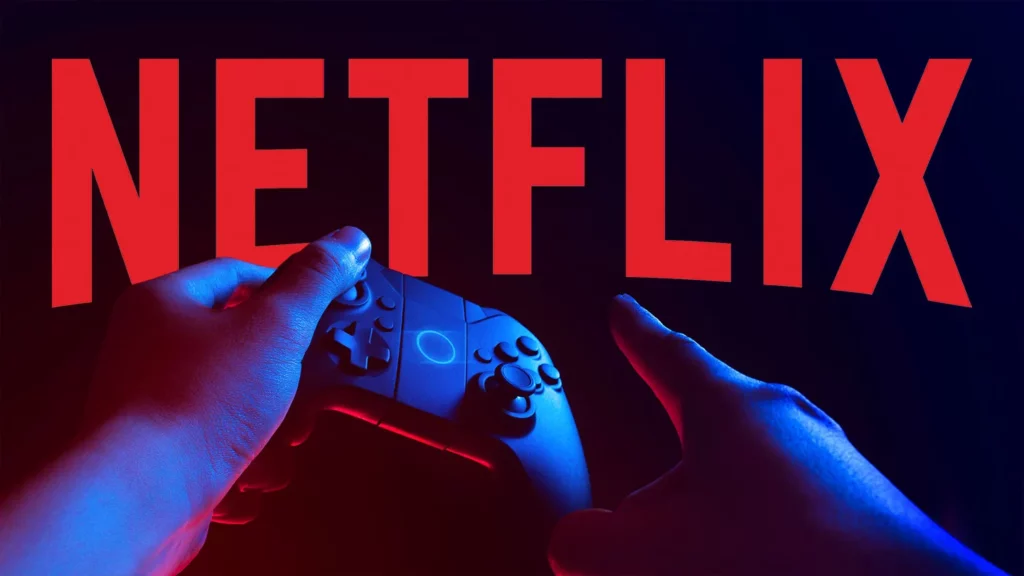In recent years, the concept of cloud-based gaming has captivated imaginations, promising a future where games are as easily streamed as movies or TV shows. Giants in the industry like Google, Sony, and Microsoft have all ventured into this territory with platforms like Stadia, PlayStation Plus, and Xbox Game Pass. Despite these ambitious projects, the reality has proven to be less successful than hoped.
Former PlayStation chairman Shawn Layden has expressed skepticism about the feasibility of a ‘Netflix for Gaming’ model. Layden, with years of experience at Sony Interactive Entertainment Worldwide Studios, famously remarked in an interview with IGN, “As far as the ‘Netflix of gaming,’ I don’t see that happening any time soon… successfully.” This statement underscores a persistent doubt within the industry about the viability of cloud gaming as a mainstream service.
Why the Skepticism?
The hurdles for cloud-based gaming are significant. Previous attempts by major tech companies have ended in less-than-stellar outcomes. Google Stadia is a notable example, having shut down after failing to gain substantial traction. Similarly, other services like Xcloud and PS Plus have been relegated to mere platforms for testing games rather than for extended play.
Layden points out the core issues—accessibility and technological limitations. For gaming to transition to a cloud-based model akin to Netflix, it would require not only widespread high-speed internet but also powerful cloud infrastructure capable of handling the intensive demands of modern games. These are not trivial challenges, and as Layden notes, the technology to support such a platform “is not yet widely accessible to the public.”
A Silver Lining with Xbox Game Pass
While PlayStation has struggled to materialize its vision for cloud gaming, Microsoft’s Xbox Game Pass hints at a partial realization of the ‘Netflix of Gaming’ dream. This service differs fundamentally from its competitors by offering a vast library of games that users can download and play across various platforms. It’s a model that, while not purely cloud-based, provides a blueprint for what a successful subscription-based gaming service can look like.
Not Quite Streaming, But Close
Xbox Game Pass has successfully integrated aspects of the cloud gaming ideal by allowing seamless access to a broad selection of games. However, it’s important to note that it doesn’t rely on streaming technology for gameplay. Instead, it operates more like a “paid torrent platform,” where the primary service is the ability to download and enjoy games on compatible devices without the necessity of streaming.
Looking Forward: The Reality of Cloud Gaming
The dream of a Netflix-like service for gaming is compelling but remains just that—a dream, for now. The technology and infrastructure required to support such a service on a large scale are still developing. While platforms like Xbox Game Pass offer a glimpse into a possible future where games are as accessible as movies, the full realization of this vision is likely still a ways off.
As the gaming industry continues to evolve, the discussion around cloud-based gaming and its potential will undoubtedly continue. What are your thoughts on the future of streaming games and cloud-based gaming? The industry’s attempts, both successful and failed, offer plenty of fodder for debate. Share your views in the comments below and join the conversation about what’s next for the world of gaming.
